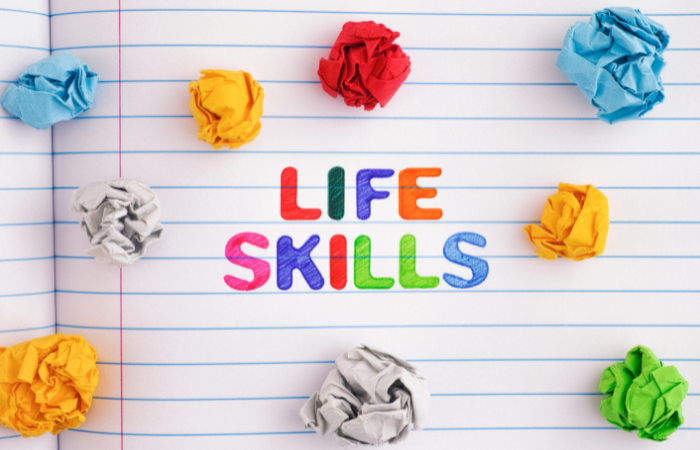
*Ping*
Another email lands in your inbox. Another CV. You open it up eager to take a look at a prospective new employee. You want experience, expertise and a proven track record. It looks good. Very good. You scan the cover letter and something catches you off guard. This applicant is also a carer for an elderly loved one. You sigh. This might make them distracted and distant. You are tempted to toss the application in the bin. But you would be wrong to do so.
Balancing care and work is tough. It takes grit, patience and resilience to aptly pull off working a 9-5 career and looking after a loved one. Attributes that not every person has. The skills it takes to be a carer can actually enhance the workplace. Here, we explore 5 of those key skills and how they can actually make the very best employees.
Empathy
To be caring and compassionate you need to have empathy. This is a quality that makes you emotionally discerning and able to work well within any workplace, whatever the industry. As a member of a team, empathy allows you to establish better connections, whilst enhancing relationships and performance alike. And as a manager, it makes you judge pressures, workloads and knowing the best time to step in or take a back seat.
Communication
If you are looking after someone that needs care, it means you are able to engage and understand what person wants. The same skill is exactly what you need for clients in the workplace. Great communicators and carers are able to actively listen and take swift action to requests made. They also make excellent collaborators within teams and are able to cooperate with a multitude of different personalities, boosting productivity and satisfaction.
Multi-Process
It is rare as a carer or even in a workplace when you are handed one single dedicated task. The truth is you are faced with multiple projects all at once and being able to plan, organise your time and multi-process is key. For a carer, this might be sorting out paying the bills, medical appointments and other household tasks. For an employee, this might be creating a brief, taking a client call and amending policies.
Reliability
As a carer, making your loved one feel stable and secure carry the utmost importance. Reliability makes you competent and uphold the same quality in all the work you provide. And being an employee in any industry is no different. When things go wrong, as they often do in business, being reliable means you are trustworthy enough to solve the issue in a timely and self-assured way. Any organization can use this confidence of character.
Flexibility
No day caring for someone is the same as the last. It requires an agile and flexible mindset that can think on their feet. If there is a medical emergency or a change in schedule or location, a flexible carer doesn’t panic, but adequately gives the same quality of support. In the workplace, flexibility can often go unnoticed. It can be switching contexts, changing to a new immediate brief or working on something outside their remit. Too much rigidity can make employees unresponsive and lack the inspiration to grow within their role.
So before you chuck that CV in the bin, those skills you might be discarding can bring a lot to your workplace. Of course they still need support with work and care, but we can help with that. Check out Seniorcare by Lottie today and see how our eldercare benefits solution can help recruit and retain the very best employees.